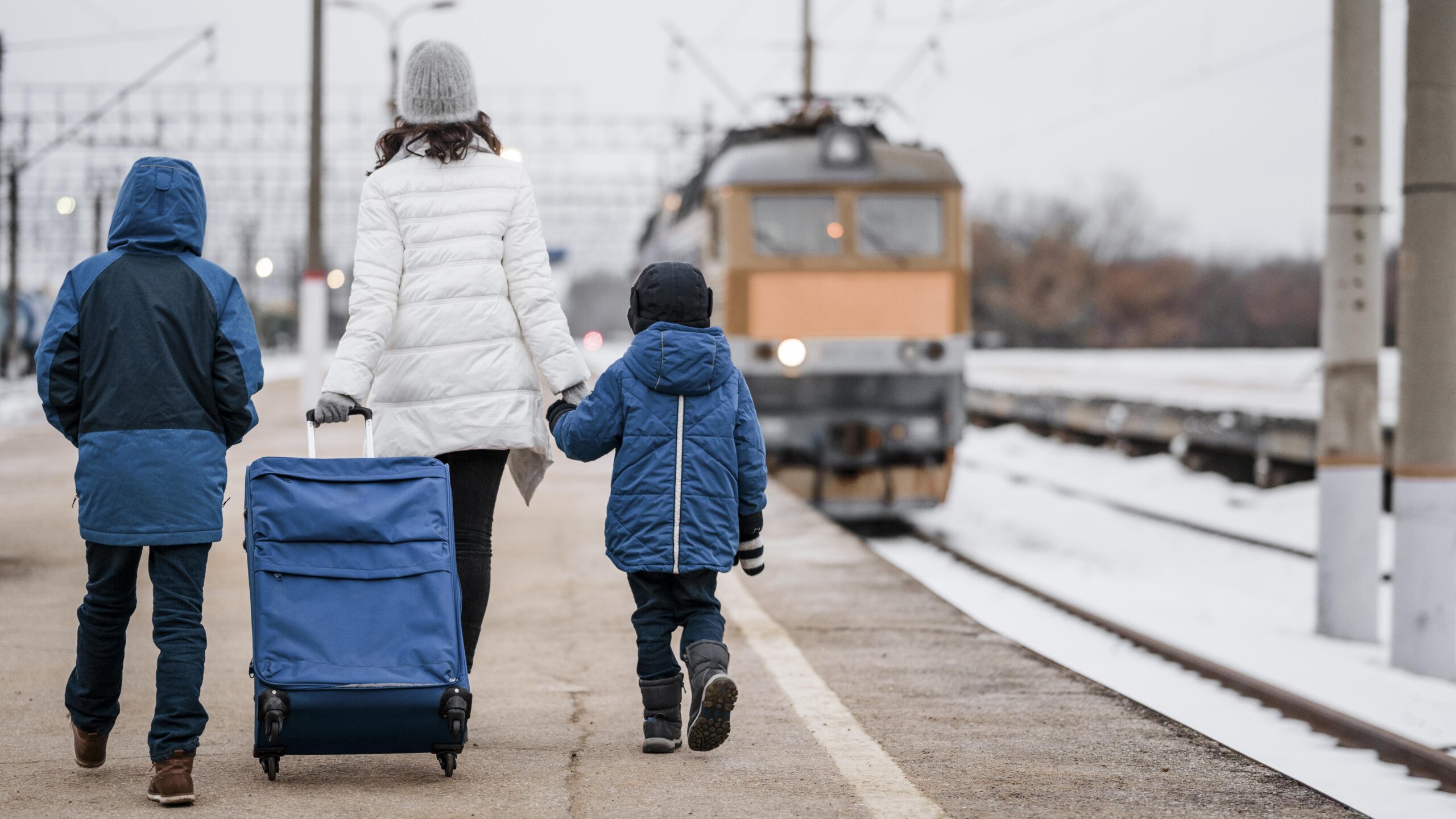
Between March and May 2025, the team of the Analytical Center “Socioconsulting” implemented an important project addressing the urgent issue of reconstruction and restoration of facilities destroyed during military actions in Ukraine.
This project was carried out within the national initiative “Monitoring Recovery Expenditures,” implemented by the Center for Economic Strategy, the Institute for Economic Research and Policy Consulting, and the NGO “Technologies of Progress” with the support of the European Union.
The goal of the project was to ensure public oversight of the openness and transparency of the reconstruction of social infrastructure facilities in communities of the Kyiv region, namely: Bucha, Borodianka, Irpin, and Hostomel communities.
Over the course of three months, our team visited 10 social infrastructure facilities in Kyiv region, including:
· General practice outpatient clinics in Bucha, Vorzel, Zdvizhivka, and Hostomel
· Social service centers in Hostomel and Irpin
· Comprehensive rehabilitation center in Borodianka
· Administrative building of the Borodianka village council
· Administrative Service Center (ASC) in Borodianka (modular building)
· Borodianka district branch of the regional employment center
During the monitoring visits, we carefully inspected the facilities, documented their current condition through photo and video, and gathered key information on the reconstruction process through interviews with heads of medical and social institutions, as well as representatives of local authorities.
The key indicators used to assess the implementation of reconstruction projects were:
ü Openness and transparency of recovery planning in the community, including: Was a reconstruction plan/program developed and published? Was the public involved in the process?
ü Project initiation and approval process: Was the project prioritized compared to other recovery needs? Were the community’s needs assessed? Does the public have access to information about the initiated project?
ü Availability of design and cost documents, and whether the respective community submits projects to the DREAM platform?
ü Project budget and funding sources
ü Changes in project cost and scope during implementation
ü Project implementation timeline
Special attention during the project was given to the accessibility and energy efficiency of the restored facilities. We examined whether the renovated buildings would be convenient for people with limited mobility (such as persons with disabilities, the elderly, and parents with children). We also assessed whether modern energy-efficient technologies were being introduced during reconstruction (e.g., wall, roof, and facade insulation; use of solar panels; automatic temperature regulation; motion sensors for lighting, etc.) to reduce electricity costs and dependence on energy resources, which is critical during wartime and crises.
Following the analysis, generalization, and systematization of the collected data, we created “facility passports”, which were added to the unified database of the Big Recovery Portal (BRP) online platform.
This project enabled us to better inform the public and decision-makers about monitoring results and stories related to the reconstruction of social facilities in the Kyiv region. It also helped raise awareness about the importance of ensuring barrier-free access for people with limited mobility to all types of social infrastructure.
In particular, we published over 30 posts on Facebook and our website, press releases and articles in the media, produced a video story about the successful reconstruction of the Vorzel outpatient clinic (a model of quality and barrier-free design), and conducted a public webinar on the methodology and results of the monitoring. Participants included local government representatives, civil society organizations, and community leaders from 14 regions of Ukraine.
In addition to assessing the situation, our team undertook advocacy efforts aimed at promoting the principles of barrier-free access during the reconstruction of social infrastructure. We addressed local authorities with proposals to make reconstruction projects more accessible for people with limited mobility. Some of our recommendations have already been taken into account.
Thanks to the project, we strengthened partnerships with communities, became more visible in the field of public monitoring, gained new knowledge, and are ready to implement similar initiatives in the future.
The project is completed, but its results remain relevant, because it is about transparency, accountability, and respect. After the war, it’s important not only to rebuild but to make it in a high-quality, safe, and inclusive way for everyone.
More information:
· Facebook page of AC Socioconsulting



